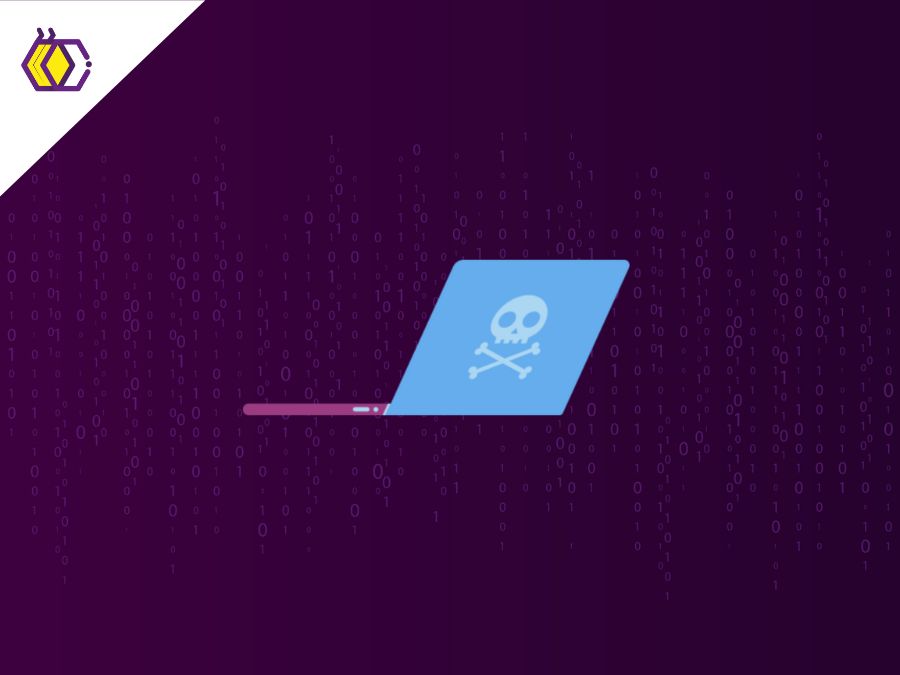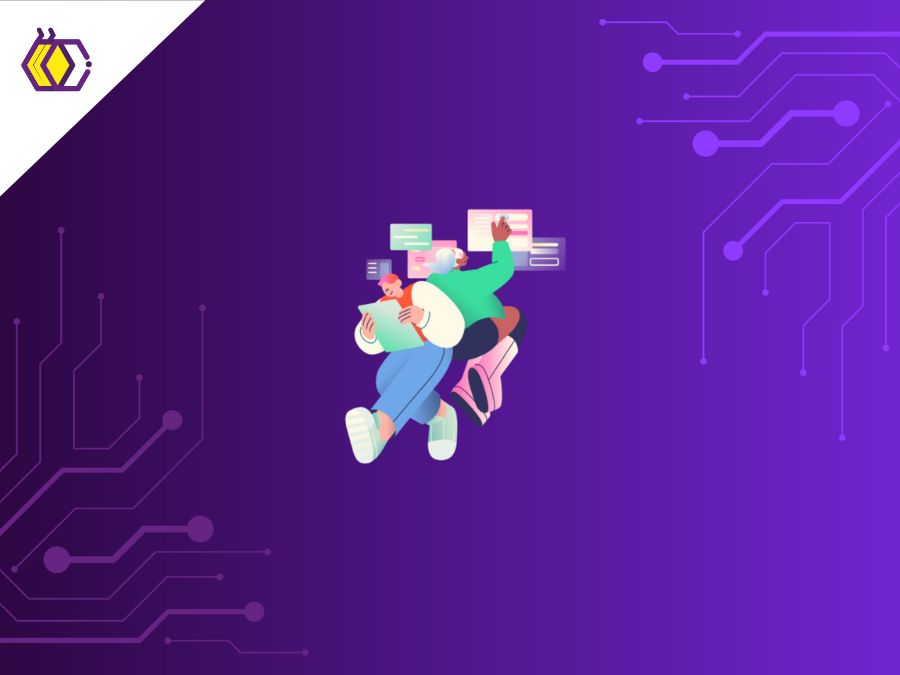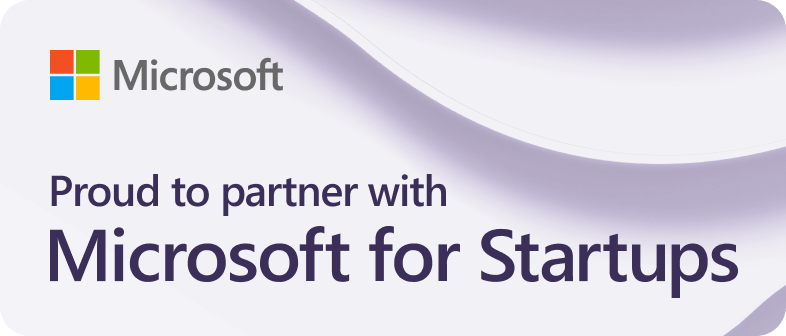
Errors when Programming
(7 minutes of reading time) We are human and as the saying goes “we make mistakes”, there is no problem with that, isn’t it? The biggest problem is that we don't learn from our own mistakes and keep making them. In programming this is no different, however, these errors that initially may seem innocent at first, if not corrected, can cause big problems. In today's text, we'll talk about some common mistakes that programmers should avoid. Come and check! WORKING ALONE ALL THE TIME It's super important to share your progress and ideas with your team, as we can't always build something right on our own, so having constant communication is very important. EXCESSIVE RELIANCE ON YOUR OWN CODE Just because you wrote the code doesn't mean it's perfect. Remember, we make mistakes, and we need to be aware of it. Over the course of your career, you'll learn more about programming as you work on new projects and gain experience, so take a moment to reflect on your mistakes and how you've grown as a programmer. BE FLEXIBLE You won't always have time to write the best code possible, there will be times when you must write very unsatisfactory code because of the tight deadlines. Most of the time, your client will be aware of this and the consequences, however, you need to stick to the schedule. In addition, urgent problems will arise that cannot wait for the best solution, so it is important that the programmer is versatile and can write good and bad code at the same time. BLAME OTHERS FOR YOUR MISTAKES Sometimes arrogance is a characteristic of some programmers, and that's not cool! Being able to admit your mistakes makes you stand out. Don't be afraid to apologize when you make mistakes. Once you accept that fact, you can start to learn from your mistakes and avoid them in the future. Failure to admit mistakes makes learning impossible. OVERVALUE YOUR WORK Your working style and programming must be appropriate for your client and your team. Each member of your team should follow the same coding style and work under similar conditions. If you do things your own way, you might not be used to your peers' coding style, and if it's unusual, the next developer might find it difficult to work on the code you've built. NEED TO SHOW TOO MUCH WORK It is common for the programmer (especially beginners) to show their productivity and want to solve all the problems that appear within a project, however, many times, the professional may not be prepared to perform such an activity or will do everything in a hurry and badly done. IDEALIZE YOUR “TOOL KITS” Programmers have their favorite editors or command lines; however, it is necessary to recognize that they will not always be ideal. For example, Visual Studio is a good tool for developing, Sublime is a good tool for dynamic languages, Eclipse is a good tool for Java, etc. Vim or emacs might be your favorite tools, but that doesn't mean they're perfect for every situation. You must know how to adapt to the best tool for each moment. DO NOT GIVE FEEDBACKS Things might not be going well, and you might be afraid to give your client bad news, that's when you need to let them know, so everyone is prepared for delays and anything else bad that might happen during the project. USE NAMES THAT DO NOT ADD INFORMATION Your code should be clean and simple, choosing names for variables and functions can often be tricky, but keep it simple and ensure they are named correctly. Adding information to your names will help other people understand your code. Names are useful because they describe what a code does. If given a good name, you can see what a piece of code does in seconds without delving into the calculations. TO GIVE UP Is it better to give up on the first problem or is it worth investing a little more time in search of the solution? The programmer's life is full of challenges, and it is often common to feel like giving up. Giving up is different from knowing when to stop. Don't let the perception of giving up take over your mind. DO NOT TEST THE CODE Not testing your own code and ending up delivering code full of errors is a very common mistake in a programmer's routine. It could be due to lack of time, inexperience or even a certain arrogance in thinking that your own code doesn't need testing. It may even be that simple code that you really took a little time to finish, but never fail to test it, as it is very annoying to arrive at a company and find errors that are easy to avoid. ATTACHMENT TO YOUR OWN CODE When creating code, no matter how good it is, remember that it is not yours. You can and should be proud of a well-done job, but you should also be open-minded that often, no matter how good it is, it will need some changes. A good professional can think about the collective, so attachment ends up being a mistake to be avoided so as not to generate problems. THINK YOU ALREADY KNOW EVERYTHING ABOUT A LANGUAGE This is another very common error of the programmer: after doing some courses and having a regular job, you already think of yourself as an expert in the language. Sweet illusion, most experienced programmers spend hours/days analyzing code before starting with the implementation phase. Don't be afraid to assume that you need to learn, improve, research, and make mistakes, all of this is part of your professional development. DO NOT NETWORK Networking is important in any professional area and programming is no different, mainly because it allows the exchange of knowledge and can make new opportunities arise within your professional career. DO NOT SPECIALIZE The programming market is immense and is expanding every day, as important as it is to know many programming languages and technologies, it is essential to specialize in a niche. Today, the market highly values a specialist, that is, choose a language, an area of activity, which technology you want to work with and go deeper, specialize. MEMORIZE THE CODE INSTEAD OF LEARNING When writing code, avoid memorizing it, try to learn each step of what you are doing, of course it will demand a higher effort, but surely later you will not regret doing this. Do you like our content? So, follow us on social media to stay on top of innovation and read our blog.
Share this article on your social networks:
Rate this article:
Other articles you might be interested in reading
- All (185)
- Career (38)
- Competitions (6)
- Design (7)
- Development (112)
- Diversity and Inclusion (3)
- Events (3)
- History (15)
- Industries (6)
- Innovation (38)
- Leadership (8)
- Projects (23)
- Well being (18)

Cloud Computing and Digital Transformation and Social Impact
(5 minutes of reading)
In recent years, we have witnessed a quiet revolution that is fundamentally reshaping the way we live and work. At the center of this transformation is cloud computing, a technological innovation that transcends physical limits and opens up new horizons of possibilities. This text will talk about this subject that is transforming the IT area. Come read!...

Tech in Education
(9 minutes of reading)
In the contemporary educational landscape, technology plays an increasingly crucial role, revolutionizing not only the way students learn, but also how educators teach. As we adapt to a digitally connected world, new trends are emerging that promise to further transform the way education is designed and delivered. Come read this text to learn about the latest trends in educational technology and explore their impact on student development and the evolution of teaching. Come with us!...

Ethical Software Development
(5 minutes of reading)
Developing software is a complex activity that goes far beyond simple coding. It involves a meticulous process of planning, design, implementation, testing and maintenance to create reliable, efficient, and secure systems. However, in addition to seeking functionality and performance, developers must also carefully consider the ethical aspects of the software they are creating. In this text we will talk about ethics and responsibility when developing software. Come read!...

Balance Between Professional and Personal Growth
(6 minutes of reading)
In a world driven by the constant search for professional success, we often find ourselves immersed in our careers, forgetting the fundamental balance between professional and personal growth. As we dedicate hours to coding, solving problems, and advancing our technical skills, it's essential to remember that our journey as human beings go beyond the lines of code. Come read our text and see super cool tips on how to achieve this balance!...

How to Highlight Programming Competition Awards on your CV
(6 minutes of reading)
In a field as dynamic as software development, it is crucial to stand out from the crowd. An exceptional way to do this is through recognition and awards won in competitive programming competitions. In addition to demonstrating your superior technical skills, these awards attest to your ability to solve complex problems, collaborate as a team, and deliver exceptional results under pressure. Today we will talk about the curriculum and competitions, are you interested? Come with us!...

Open Source and Collaboration
(5 minutes of reading)
If you're ready to start exploring the world of open source, be aware that you will encounter many learning opportunities and challenges. Collaboration is at the heart of this environment, driving innovation and influencing the direction of technology. Come read our text to find out more about this subject!...

 Innovation
Innovation 

